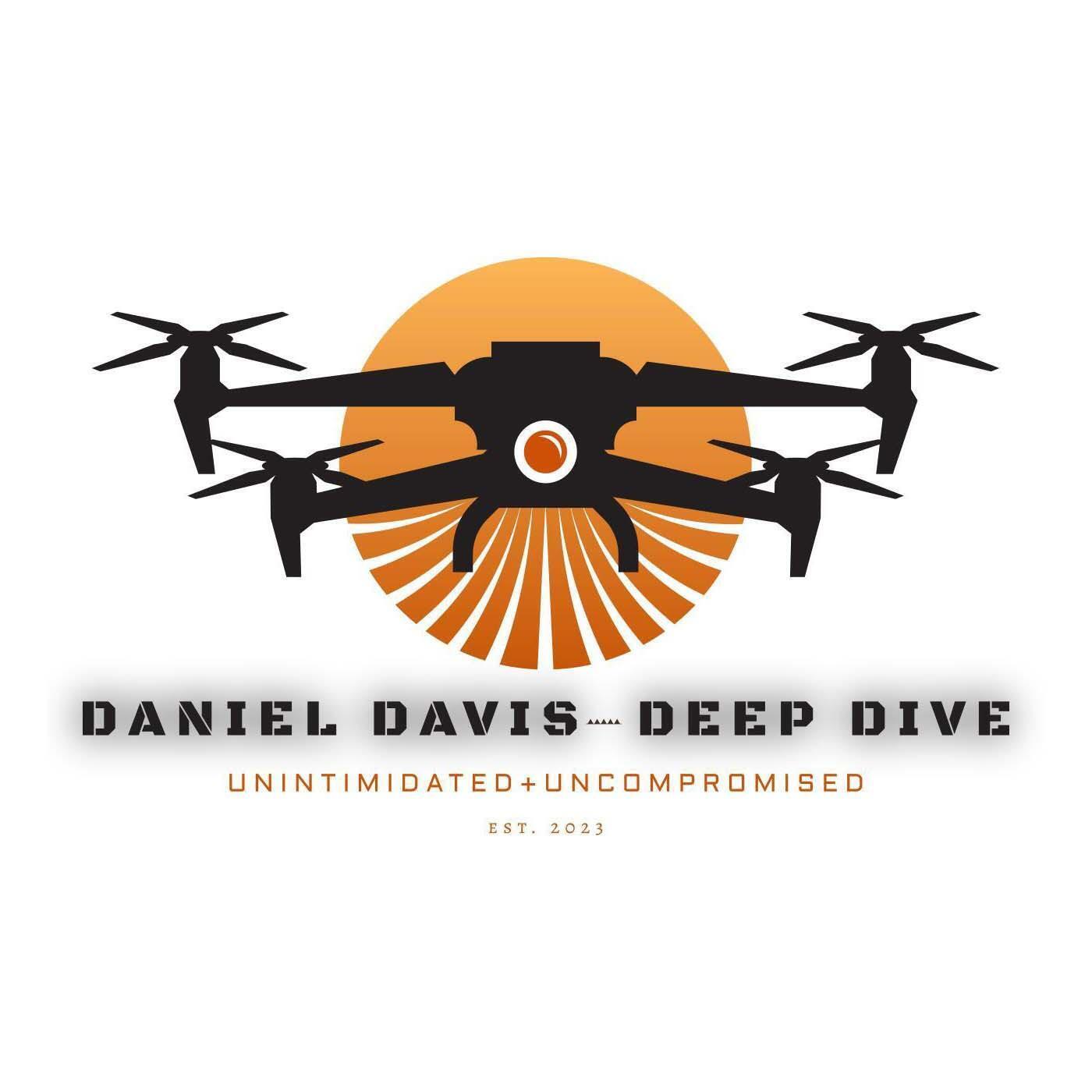

Daniel Davis Deep Dive
Daniel Davis
Analyzing War, National Security, Politics & Foreign policy. 4x Combat Deployer. Unintimidated & Uncompormised. Danniel Davis is a Bronze Star Medal for Valor in Iraq + Bronze Star for Service in Afghanistan. He has a deep love for America. He remains Unintimidated + Uncompromised.
Episodes
Mentioned books

Nov 11, 2025 • 47min
Pokrovsk Battle Rages On /Lt Col Daniel Davis
The discussion kicks off with a look at Russia's advances in the pivotal battle of Pokrovsk, revealing its importance for Ukraine's strategy. Zelensky's recent symbolic victories are dissected, exposing the gap between rhetoric and reality. The podcast explores urban combat footage, highlighting deepening Russian control. Tensions rise with encirclement risks in Siversk and Kupiansk. Additionally, the evolution of modern combat is discussed, showcasing how drones have transformed tactics amid reports of declining soldier morale. Prolonged conflict's toll on civilians is also emphasized.

Nov 11, 2025 • 57min
Russia's Doomsday Weapon /MIT Prof. Ted Postol
In this engaging discussion, MIT professor Ted Postol, an expert on missile defense and nuclear weapon systems, dives deep into the complexities of Russia's new weaponry. He reveals the implications of the Burevestnik missile's long-range capabilities and critiques the U.S. missile defense systems' effectiveness against such threats. Postol also sheds light on the terrifying Poseidon underwater drone and its potential for massive destruction. He critiques Western misunderstandings of Russian intentions and stresses the urgent need for informed policy to mitigate catastrophic risks.

Nov 10, 2025 • 56min
Potential Shutdown-ending Deal: Great for Politicians, Rotten for Americans /Lt Col Daniel Davis
Potential Shutdown-ending Deal: Great for Politicians, Rotten for Americans /Lt Col Daniel DavisSee Privacy Policy at https://art19.com/privacy and California Privacy Notice at https://art19.com/privacy#do-not-sell-my-info.

Nov 10, 2025 • 54min
Face to Face w/Russia Lavrov & Rubio to meet /Patrik Baab & Lt Col Daniel Davis
Face to Face w/Russia Lavrov & Rubio to meet /Patrik Baab & Lt Col Daniel DavisSee Privacy Policy at https://art19.com/privacy and California Privacy Notice at https://art19.com/privacy#do-not-sell-my-info.

Nov 10, 2025 • 55min
No Quick Solution: Ukraine Russia War /Andrei Martyanov & Lt Col Daniel Davis
No Quick Solution: Ukraine Russia War /Andrei Martyanov & Lt Col Daniel DavisSee Privacy Policy at https://art19.com/privacy and California Privacy Notice at https://art19.com/privacy#do-not-sell-my-info.

Nov 7, 2025 • 38min
BREAKING: Trump & Orban Join Forces to end Ukraine War /Lt Col Daniel Davis
BREAKING: Trump & Orban Join Forces to end Ukraine War /Lt Col Daniel DavisSee Privacy Policy at https://art19.com/privacy and California Privacy Notice at https://art19.com/privacy#do-not-sell-my-info.

Nov 7, 2025 • 32min
Zohran Mamdani: Disaster or Deliverer for New York /Lt Col Daniewl Davis & Randy Credico
Zohran Mamdani: Disaster or Deliverer for New York /Lt Col Daniewl Davis & Randy CredicoSee Privacy Policy at https://art19.com/privacy and California Privacy Notice at https://art19.com/privacy#do-not-sell-my-info.

Nov 6, 2025 • 47min
Russia Capturing Pokrovsk /Larry Johnson & Lt Col Daniel Davis
Russia Capturing Pokrovsk /Larry Johnson & Lt Col Daniel DavisSee Privacy Policy at https://art19.com/privacy and California Privacy Notice at https://art19.com/privacy#do-not-sell-my-info.

Nov 5, 2025 • 44min
America's Next Civil War: Update #4 (the Blue Wave)
America's Next Civil War: Update #4 (the Blue Wave)See Privacy Policy at https://art19.com/privacy and California Privacy Notice at https://art19.com/privacy#do-not-sell-my-info.

Nov 5, 2025 • 51min
Putin Takes His Weapons Seriously /Lt Col Daniel Davis & Scott Horton
Putin Takes His Weapons Seriously /Lt Col Daniel Davis & Scott HortonSee Privacy Policy at https://art19.com/privacy and California Privacy Notice at https://art19.com/privacy#do-not-sell-my-info.


